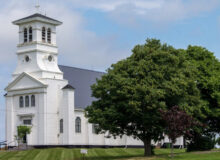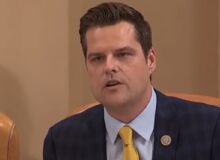The first three Articles of the Constitution set the three branches of government for our Republic. Article I is by far the most detailed listing of duties, responsibilities, powers and limitations of the branch being dealt with. This branch was viewed by the Writers of as the single most important branch of government. That branch is the Legislature! Yup, believe it or not, They did not want the president or the Judiciary running the country or be all powerful. Amazing isn’t it?
Article II is much shorter only three section the longest of which deals with the election of the person to hold that office. It also contains the unique Oath of Office he is to swear to upon accepting the job. That oath tells us something about what is expected of him. That oath states “I do solemnly swear (or affirm) that I will faithfully execute the office of the President of the United States, and will to the est of my ability, preserve, protect and defend the Constitution of the United States.”
That is it. That is what he swears to do and the only thing he swears to do. Preserve, Protect and Defend the Constitution under which he is elected.
Article goes on to be much more specific regarding the particular duties of the President. He is the Commander in Chief of the military, but only the congress may declare war. He may appoint many different people to many different offices in the government all of whom are subject to Congressional approval. If they do not approve the appointment is null. He has the power to pardon people except in the case of impeachment. He is required to give a report to congress on the state of the union periodically and finally, he can, “on extraordinary occasions” convene both houses and may adjourn them when necessary.
Those are the duties of the President.
The constitution gives to the congress all powers of war and peace, of treaties and alliances. The president has none of these powers. Ours have usurped many extra powers since the days of Theodore Roosevelt and Woodrow Wilson.
Keep in mind that all other powers are left to the state and local governments. And, of course, to the people. We must never forget the power of the people.
I know this is short, but so is the constitution regarding the presidency and that, after all, is what this essay is all about. A constitutional presidency.
Next time we will look at a constitutional Judiciary. There might be a few surprises for you.
Tags: constitution




















Join the conversation!
We have no tolerance for comments containing violence, racism, vulgarity, profanity, all caps, or discourteous behavior. Thank you for partnering with us to maintain a courteous and useful public environment where we can engage in reasonable discourse.